Whether you’re at home or at work, electricity is central to almost all aspects of our everyday lives. So, it’s essential to take care and be mindful of electrical safety to keep you, your family and your work colleagues safe.
On site safety
When you’re operating equipment near our electricity assets, our permits detail the conditions and methods you must adhere to in order to carry out the proposed work on site safely.
If a permit to work is granted, you will be responsible for ensuring that a copy of this permit is always on site in either digital or hard copy form. You will also be responsible for ensuring that all members of your work crews are briefed on the conditions of the permit to work.
To request or renew a permit to work, or advise us when your permitted works have been completed, go to our mySupply portal.
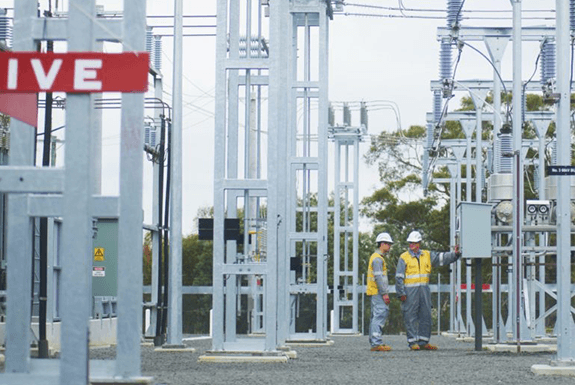
No Go Zones
No Go Zones are designed to keep workers and the public a safe distance from electrical assets. Contractors must apply for an assessment and permit for any work that needs to take place within a No Go Zone.
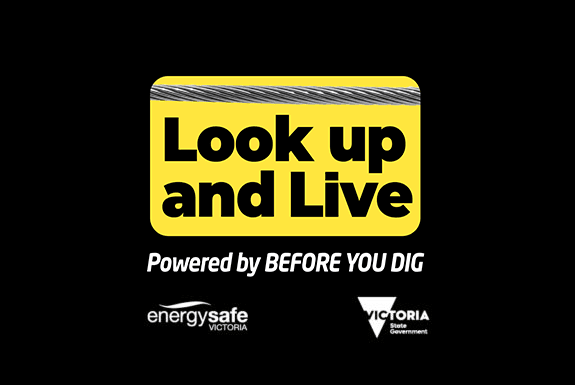
Look Up and Live
Whether you’re using heavy machinery with long booms, or a civil contractor or builder relying on big deliveries, high scaffolds or even hand-held machinery, then you need to be aware of electrical clearance zones.
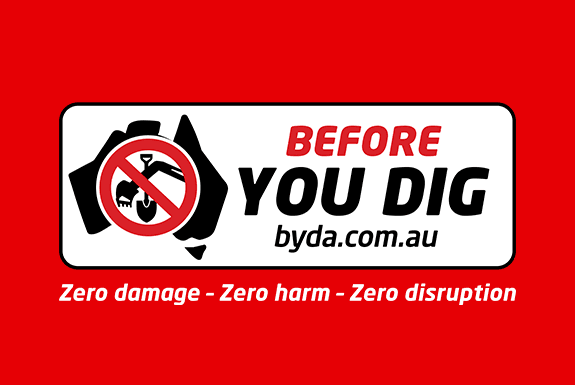
Before You Dig
Safety is a fundamental aspect of any digging or excavation project.
The Before You Dig service should always be your first point of contact before starting any project.
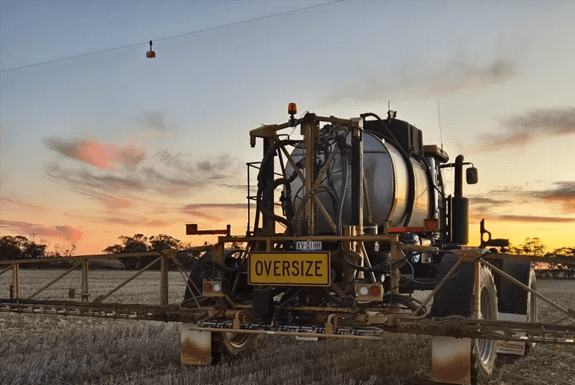
Powerline safety markers
When working near overhead powerlines, visibility is key to staying safe.
Installing powerline safety marker is a simple, cost-effective solution to make powerlines stand out and reduce the risk of accidental contact.
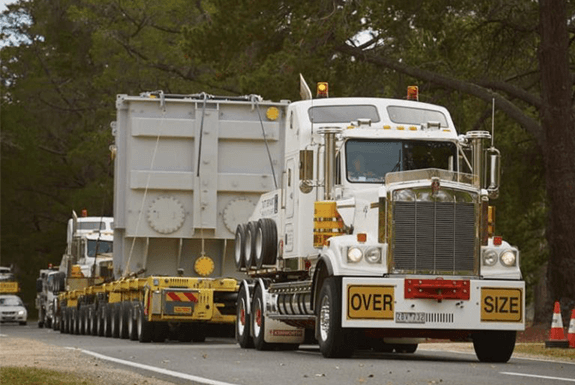
High load transport
High loads greater than 4.6 metres have the potential to damage power assets and put drivers and the public at risk.
It’s important to plan for high load transportation by plotting a safe route and applying for the correct permits.
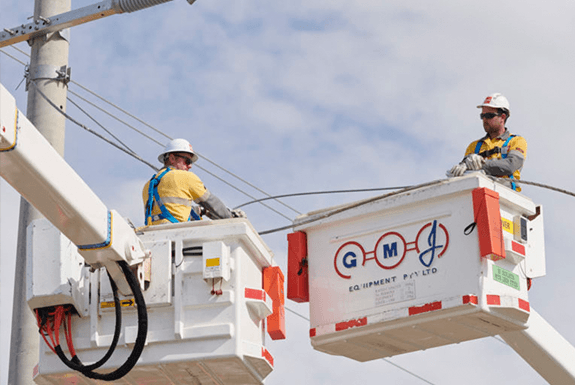
High voltage isolation
Isolating power is a complex process which requires coordination.
If you are doing work that needs power to be isolated to our electricity distribution network, then you need to arrange a high-voltage isolation.
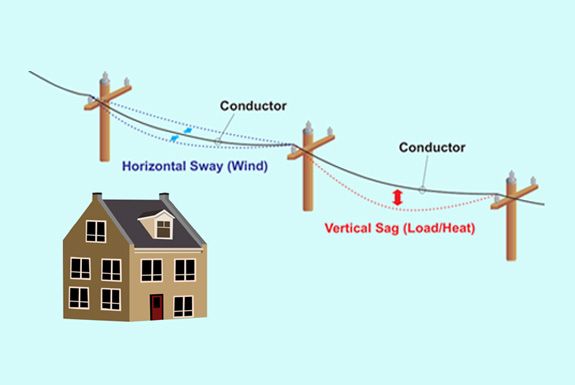
Sag and Sway calculations
If you require Sag and Sway calculations of overhead powerlines to ensure your new or altered structure will be compliant once constructed, submit an application for a Sag and Sway assessment via our mySupply portal.
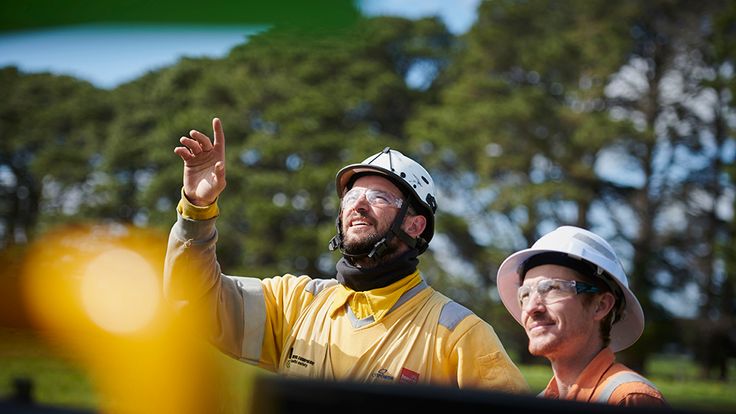
Industry advice
The Energy Safe Victoria (ESV) website contains guidance and information relating to working near powerlines, including:
- No Go Zones and registered spotters
- aerial powerline locations
- building a new structure or altering an existing structure near overhead powerlines.
Special provisions apply for plant and equipment operating near overhead power lines such as cranes, concrete placing booms, excavators, elevated work platforms, tip trucks and load shifters. For guidance visit the WorkSafe Victoria website.
Looking for something else in
Industry partners
Explore another page







